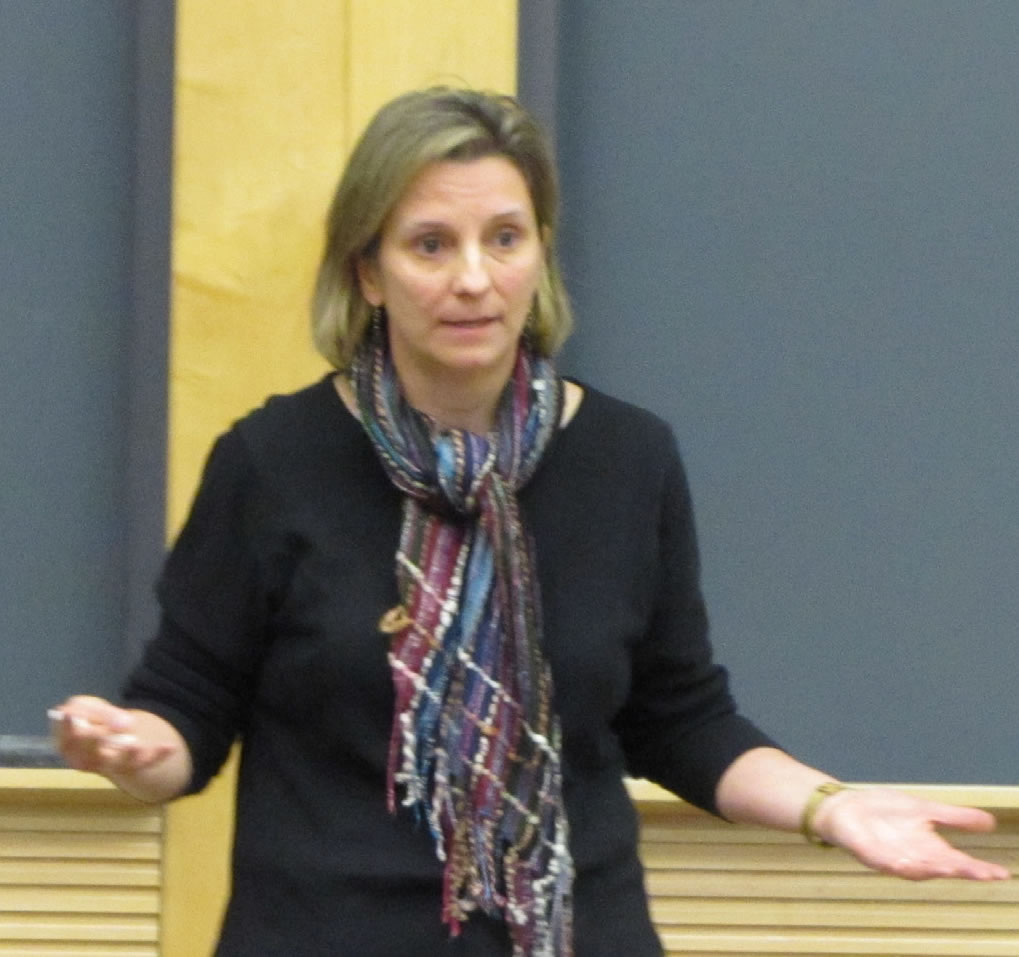 The tiny campus with a thunderous voice lived up to its reputation yet again.
The tiny campus with a thunderous voice lived up to its reputation yet again.
An email sent on Thur Jan. 9 by Wheaton College President Ronald Crutcher stated that the school has decided not to proceed with a housing policy change that would have raised rates for premium living environments, ending an intense debate amongst the Wheaton community about the plan’s potential effects on economically pressed students.
Though Wheaton College Dean of Students Lee Williams spoke about the importance of feedback at the Jan. 7 Housing Fee Open Forum, she did not specify the extent to which the plan was already completed, which made the cancellation of the policy a surprise to some students.
“Personally, I did not think they would care about what students had to say,” Kristin Mulvey ’14 said in reference to both the forum and the Wheaton College Residential Life Facebook page to which Mulvey was a regular contributor.
However, all doubts were cast aside on Thursday with President Crutcher’s announcement. “Housing equity, we realize, is a core expression of our values and a keystone of the collegial community we share,” Crutcher stated.
Wheaton Student Government Association (SGA) President Alex Schibanoff ’12 believes that the resolution sends a powerful message about the Wheaton community.
“I think it absolutely reflects Wheaton’s values,” Shiabanoff said. “This is why I came to Wheaton, this is why I stayed at Wheaton—because, more so than any other college I’ve ever seen, our student voice matters.”
A student who received a particular amount of attention for voicing an opinion on the proposed policy change was Patrick Crane ’14. Like Mulvey, Crane participated by using Facebook, but it was perhaps the specific medium he used—video—that separated his message from others.
“A funny thing is that everyone thought that it was all me,” Crane said. “A lot of the points I was making [were] inspired by the Wheaton students and the alumni who were writing on it before I even got there.
Crane’s video, originally posted on Jan. 31, was widely circulated and commented upon, receiving 176 ‘likes’ in the process. “I still don’t really know how to react to it,” Crane said. “It was crazy for me, but I’ve never been happier than when people can come up to me and go ‘you said what I couldn’t figure out what to say’ or ‘I am totally behind it, it says everything I wanted.’”
Like many of the comments on Facebook, Crane’s video asked the administration about the reasoning behind a housing policy change. At the Housing Fee Open Forum,
Dean Williams said that the policy shift was originally planned as part of an initiative to erase the college’s current budget deficit. According to Williams, the initiative—now without a housing policy change—is scheduled for a 2017 completion.
However, administration has not mentioned an alternative to the housing policy change to reduce the deficit, leaving some of the same students who opposed the proposal worried about Wheaton’s economic future.
“How in the world did we get ourselves into a situation this bad?” Mulvey asked. “It doesn’t make me confident in my school, that they are thinking of using policies like this just to raise revenue.”
“I’m nervous,” Crane said about Wheaton’s economic woes. “I think that everyone should be nervous. If there is a deficit, people should know that we have one, and it’s good that they’re trying to figure out ways [to fix it]. I think this was a poor idea, and I’m glad that it didn’t go through, but I understand that there is a need.”
“I feel like some of the deficit is that we keep Band-Aiding things,” Crane continued. “I know that everyone is thrilled that Meadows was redone, but it’s still so far below. I feel like if … in the past, we fixed things all the way, maybe we wouldn’t have these continuing problems.”
Worrying aside, the overwhelming feeling from these students seems to be positive, indicating a belief that the denouement of the housing policy issue is a victory for the community voice.
“The fact that we even knew about the policy proposal before it was determined really speaks to Wheaton’s character,” Schibanoff said. “If the administration continues to listen to what the students have to say, that’s a really positive step. As far as what they can do, they know that much better than we do.”
Meanwhile, SGA Vice President Zachary Agush ’12 meanwhile spoke about the uncertainty of the economy itself when evaluating Wheaton’s situation. “A lot of it is contingent upon the outside market forces, [and] in terms of endowment and in terms of enrollment numbers, we have no idea what to expect.
“No one knows what the next decision is,” Agush said, “and we’ll just have to wait and see … but I have confidence in the college knows what it needs to do.”
“I think they did a great job of bouncing the idea us and then responding to feedback,” Crane said about Dean Williams and the administration. “Even if it wasn’t the move they wanted, they responded to what the Wheaton students said, and I thought that was amazing.
“You see it in a lot of quotes: never doubt the ability of a small group of people to change something, because in the end it is the only thing that ever does.”
